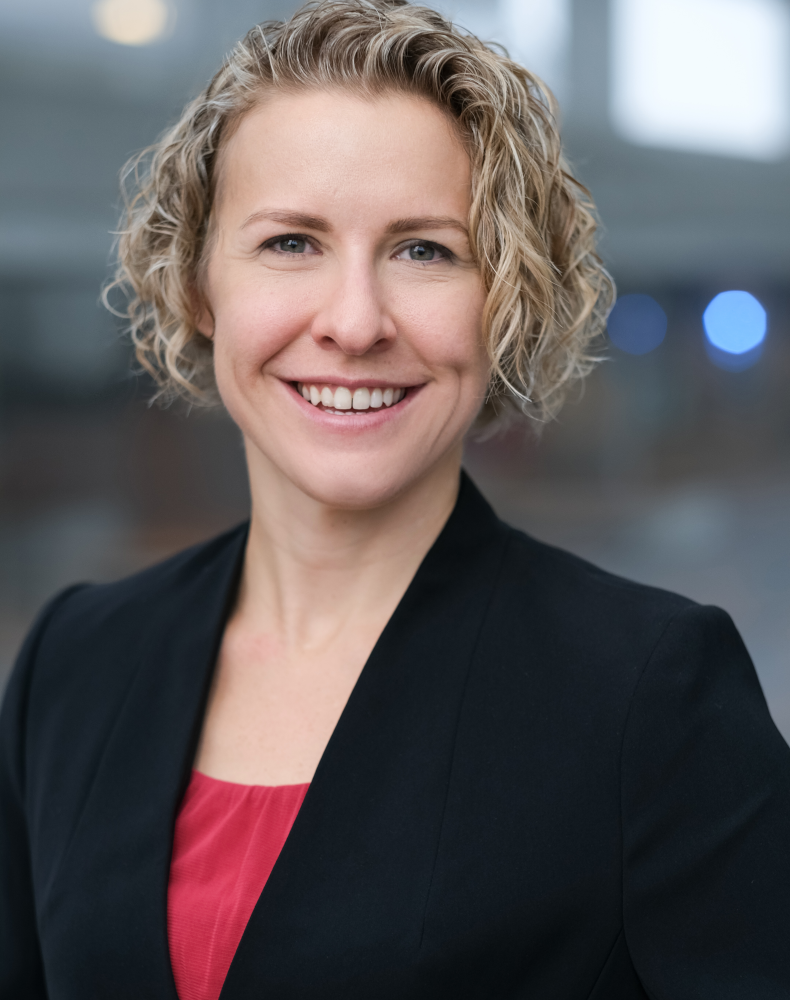
Dr. Stephanie Simmons
Simon Fraser UniversityEmail: s.simmons@sfu.ca
Speaker webpage: www.sfu.ca/physics/siliconquantum/
 |
Dr. Stephanie SimmonsSimon Fraser UniversityEmail: s.simmons@sfu.ca Speaker webpage: www.sfu.ca/physics/siliconquantum/ |
Silicon transistors, the essential building block of most modern electronic devices, cannot shrink much further without being rendered inoperable by quantum mechanics. This classical-quantum threshold in fact presents a tremendous opportunity: if we harness quantum mechanics, rather than attempt to avoid it, we could build a quantum computer. Quantum computers will open up a world of opportunities — they could accomplish certain computational tasks exponentially faster which would otherwise be forever impractical. A few recent demonstrations in the US and China have claimed to have already outperformed the world’s top supercomputers using quantum computers at a few specific computational challenges. During this lecture, Dr. Simmons will discuss quantum computing approaches (including her own, based upon CMOS-compatible silicon photonics), how quantum technologies will change our lives in a very fundamental way, and provide a snapshot of the accelerating worldwide race to build a prototype.
Stephanie Simmons is an Assistant Professor, Canada Research Chair, and CIFAR Fellow, based out of the Department of Physics at Simon Fraser University (SFU), and is the Founder and Chief Quantum Officer of Photonic Inc. At SFU, she is a group leader of the Silicon Quantum Technology research group. Dr. Stephanie Simmons earned a Ph.D. in Materials Science at Oxford University in 2011 as a Clarendon Scholar and a B.Math (Pure Mathematics and Mathematical Physics) from the University of Waterloo. She was a Postdoctoral Research Fellow of the Electrical Engineering Department at the University of New South Wales in Australia and completed her Junior Research Fellowship and Glasstone Research Fellowship from St. John’s College in Oxford University. She Joined Simon Fraser University as a Canada Research Chair in Quantum Nanoelectronics in the fall of 2015. Stephanie works on silicon-based spin quantum bits (‘qubits’) with the particular aim to develop CMOS- and telecom-compatible scalable quantum technologies. Her work on silicon quantum technologies was awarded a Physics World Top Ten Breakthrough of the Year in 2013 and again in 2015. She was named one of Canada’s Top 40 Under 40 for 2020. Her work has been covered by the New York Times, CBC, BBC, Scientific American, the New Scientist, and others.